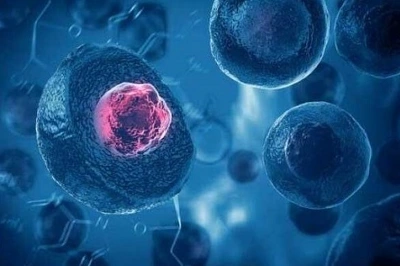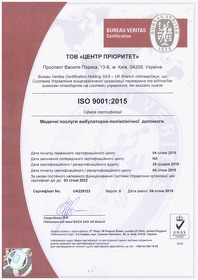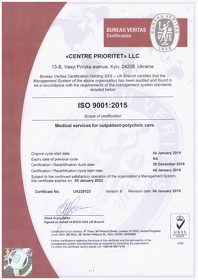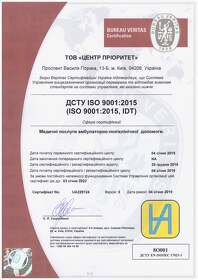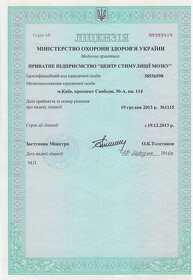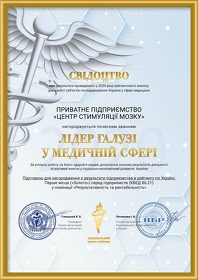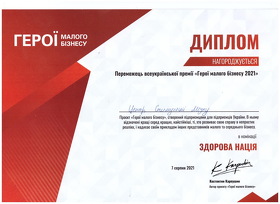However, cell-based therapy can be used in some contraindicated diseases. This is determined by the patient's well-being and the features of the disease.
Prior to the administration of cell-based therapy, the existance of contraindicated diseases should be excluded by means of thorough diagnosis. The Center for Brain Stimulation provides required examinations and procedures to establish a diagnosis and administer cell-based therapy or another method.
Stem cells in neurology
Cell-based therapy may alleviate the course of various neurological conditions and improve the quality of life. A growing body of evidence suggest the efficacy of cell-based therapy in the treatment of neonatal hypoxic-ischemic brain injuries and autism spectrum disorders.
Neuroregeneration due to the use of stem cells combined with rehabilitation, behavioral therapy and, if applicable, drug therapy significantly improves the condition of patients with cerebral palsy. Substantial experience has been gained in treating pediatric patients with this disorder and autism, using autologous cord blood and umbilical cord stem cells. Human umbilical cord blood contains a specific protein that can improve cognitive functions (the processes of memorization, learning, cognition).
Stem cells are able to transform into structural components of the affected nervous tissue, and contribute to the restoration of neurons, nerve fibers, and neuroglial elements through a release of numerous cytokines and growth factors.
Administration of stem cells can improve energy processes in neurons and neuroglia, as well as the exchange of biogenic amines and neurotransmitters in the brain and spinal cord, peripheral nerves.
Cell-based therapy in a combination treatment of autism may improve the child's social skills, in particular the development of speech, eye contact, increase attention, and promote the formation of imagination and participation in the game.
Rehabilitation of patients after spinal cord injury with the use of stem cells contributes to the accelerated recovery of sensitivity, improved motor functions and self-care skills.
A phase II clinical trial on the treatment of Alzheimer's disease with mesenchymal stem cells has been started in the USA. In addition, cell-based therapy has been proven to restore dopamine production in patients with Parkinson's disease. Mesenchymal stem cells are often used to manage multiple sclerosis.
Patients considering cell-based therapy for a specific disease should understand that an innovative method is effective and safe only with proper preparation of biological material according to international standards, and involvement of qualified health professionals having relevant experience.
The Center for Brain Stimulation offers consultations of highly skilled professionals, provides the full range of required diagnostic procedures and stem cell treatments choosing the best method for a given patient.
